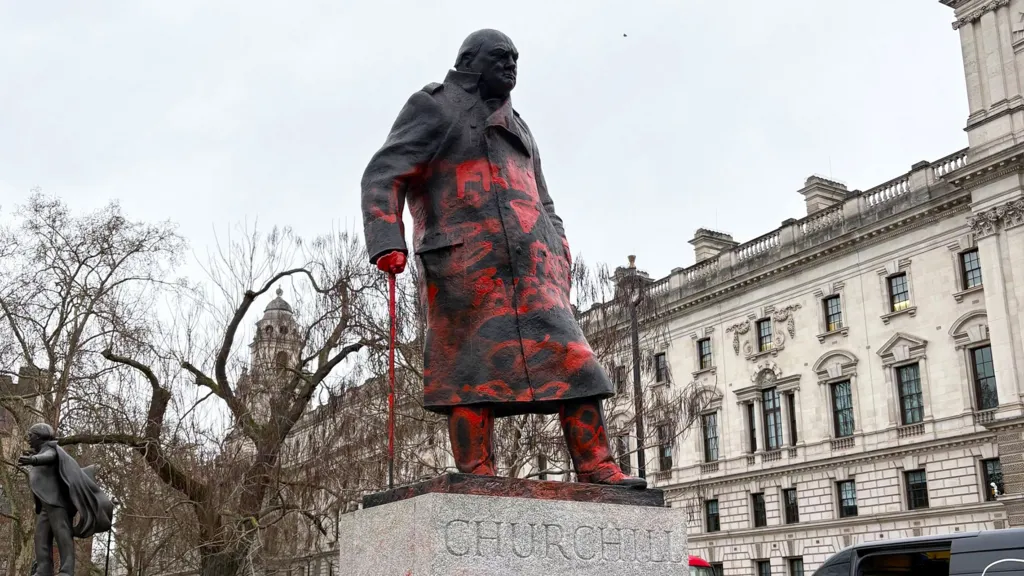Heatwaves on the Rise as Climate Change Becomes the Next Hot Topic

This week, a significant study published in the journal, Nature, is making waves by exploring the connection between climate change and heatwaves. Led by Yann Quilcaille and his team, the research examines the period from 2000 to 2023, highlighting how human-induced warming has increased the frequency and intensity of extreme weather events.
The findings reveal a concerning trend: heatwaves have become much more common and severe due to climate change. The likelihood of these events occurring surged by 20 times in the 2000s, and alarmingly, it increased by a staggering 200 times in the decade from 2010 to 2019. This drastic rise indicates that the planet is experiencing unprecedented changes.
Science & Environment — stories, features and reviews
Independent coverage of research, wildlife and the changing Earth.
Asteroid deflection could backfire, scientists warn
Space risk, unintended consequences and what the latest modelling suggests.
Read this articleMore Science & Environment
Orangutans balance diet to avoid obesity, study finds
New field evidence on great apes’ foraging strategies and metabolic health.
Read this articleExplore more environment
More Science & Environment from EyeOnLondon
Interviews, explainers and reviews across research, climate and wildlife.
Browse the sectionLatest science
A major factor behind this trend is emissions from 180 key companies, known as ‘carbon majors‘. These include some of the largest fossil fuel and cement producers and have contributed to around half of the increased intensity of heatwaves since the late 19th century. Each of these companies are linked to between 16 and 53 heatwaves that would have been nearly impossible under preindustrial conditions.
This research builds on over two decades of studies linking climate change to extreme weather and could bolster ongoing lawsuits aimed at holding companies responsible for climate-related damages. The framework developed could also be valuable in international discussions about which countries should be accountable for climate-induced loss and damage.
The United States currently ranks as the second-largest emitter of greenhouse gases globally, just behind China. With such a significant role, actions taken by the U.S. have far-reaching implications for billions of people around the world. Concerns are growing regarding the Trump administration’s approach, which has pushed a controversial fossil-fuel agenda. This includes rolling back investments in clean energy and attempting to block the Environmental Protection Agency’s (EPA) authority to regulate greenhouse gas emissions both now and in the future.
In July, the Trump administration officially announced plans for the EPA to overturn its 2009 ruling that declared greenhouse gas emissions a threat to public health and welfare. This decision could undermine the legal basis for many climate regulations. Alarmingly, the agency responsible for protecting the nation’s environmental and public health is now suggesting that climate researchers have exaggerated the dangers of global warming.
On July 29, 2025, the Department of Energy (DOE) published a report from its Climate Working Group (CWG). This report features prominently in the EPA’s reconsideration of its 2009 Endangerment Finding. Leading climate scientists have crafted a formal response, arguing that the DOE’s report makes a mockery of science.
As society grapples with these issues, further important questions arise. Should fossil fuel companies be held accountable when consumers are reliant on petrol-powered vehicles, coal, and gas for energy? What about government policies that support and often subsidise fossil fuel use? Furthermore, how do we address companies that have promoted climate denial to undermine climate policies?
In an article published in Nature last April, Callahan and Mankin, made a scientific case for the climate liability of the carbon majors. They detail the scientific and legal implications of an ‘end-to-end’ attribution that links fossil fuel producers to specific damages from warming. In one example, Chevron, the highest-emitting investor-owned company in their data, very likely caused between US $791 billion and $3.6 trillion in heat-related losses over the period 1991–2020, disproportionately harming the tropical regions least culpable for warming. It is not the only company linked to such devastation.
Many argue these factors do warrant accountability, as seen in various lawsuits targeting U.S. fossil fuel companies. Similar to what we’ve seen with the tobacco and opioid industries, there’s a strong case for holding these firms liable for the damage they’ve caused to the planet and public health.
As we continue to confront the pressing realities of climate change, it’s clear that these discussions are vital. Is a future possible where extreme weather events are no longer the norm but a phenomenon of the past.
Follow us on:
Subscribe to our YouTube channel for the latest videos and updates!
We value your thoughts! Share your feedback and help us make EyeOnLondon even better!









